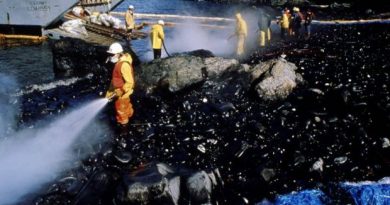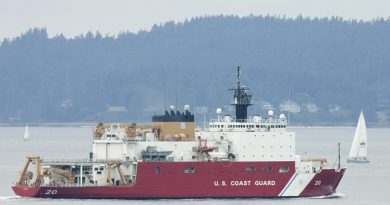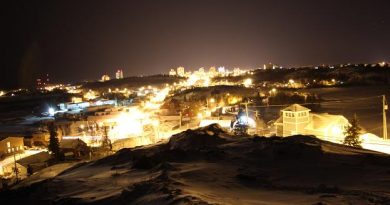Ottawa announces additional funding for community-based monitoring program
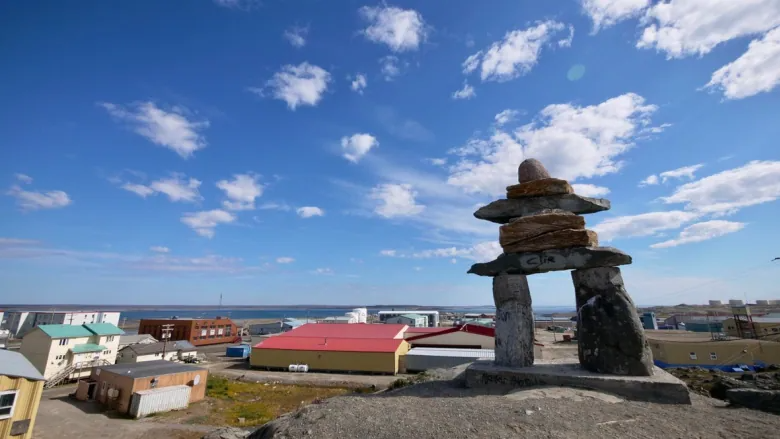
Canada’s Minister of Northern Affairs Dan Vandal announced $870,340 in additional funding for the next phase of a community-based monitoring program in Canada’s eastern Arctic.
“The vitality of northern and Arctic communities, as well as the Inuit way of life, is in jeopardy because of climate change and its devastating impacts on precious ecosystems,” Vandal said in a news release on Friday.
“In working to mitigate the effects of climate change, Canada is supporting traditional knowledge holders and researchers so they can come together to identify the changes in country food species and explore solutions to adapt to our evolving climate.”
The project is based in the Kivalliq Region, located in the southern part of the territory of Nunavut.
The Kivalliq Wildlife Board worked various partners to develop the monitoring program that uses local Indigenous knowledge and western science to look at the interplay between climate changes and country food.
The money announced by the government will go towards the second phase of the project that will examine climate change impacts of food chains.
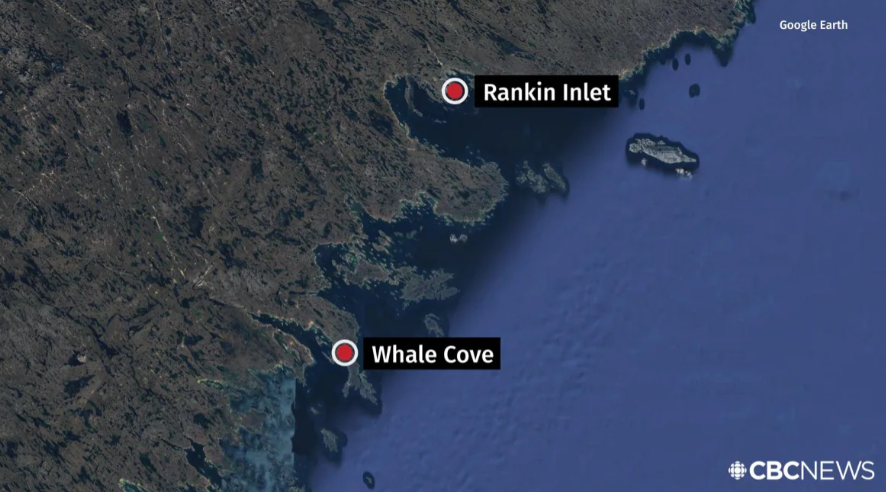
“The development of research projects that are run by Inuit is a big step in monitoring the effects of climate change in ways that Inuit see and feel it,” Stanley Adjuk, chair of the Kivalliq Wildlife Board.
“The Kivalliq Wildlife Board is proud to lead projects that will monitor these effects so that our observations can be integrated into our plans in the future.”
Community members in Kangiqliniq (Rankin Inlet) and Tikiraqjuaq (Whale Cove) are involved in the project.
The target of phase two is to better understand the “availability, quality and diet of country foods” including Arctic char, ringed seal, bearded seal, beluga whales, and polar bear as well as microscopic marine organisms.
Once phase two is completed, the Kivalliq Wildlife Board will start work on a plan to help mitigate climate impacts on access to country food.
Write to Eilís Quinn at eilis.quinn(at)cbc.ca
Related stories from around the North:
Canada: Indigenous-led conservation key to ensuring biodiversity goals says ICC, Eye on the Arctic
Finland: Finns increasingly worried about biodiversity loss, especially abroad, Eye on the Arctic
Sweden: Icy conditions in Sweden causing trouble for Sami reindeer herds, Radio Sweden
United States: Gwich’in-language short film explores connection with land in award-nominated series, Eye on the Arctic

